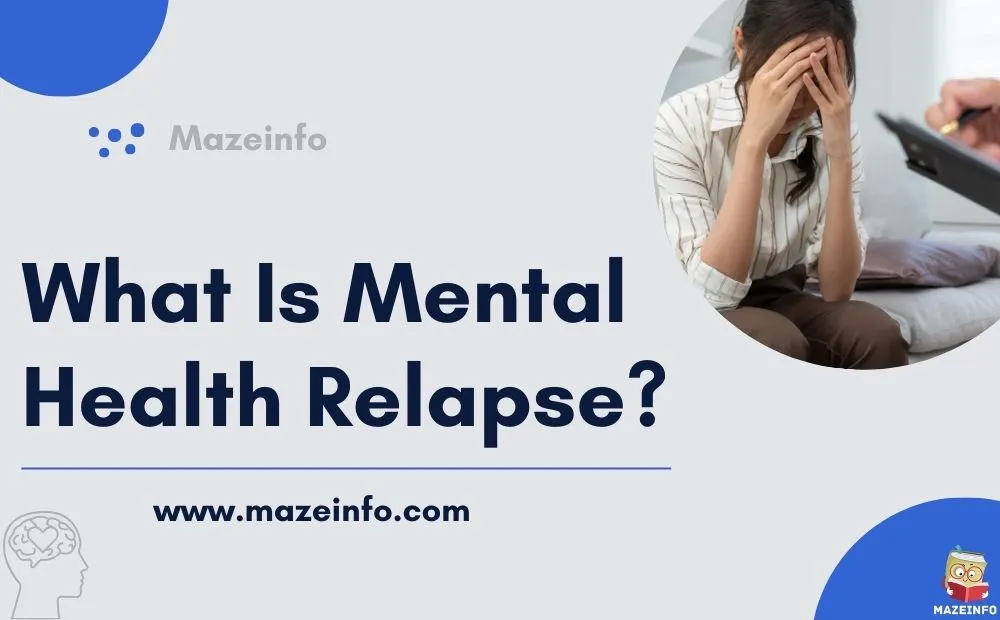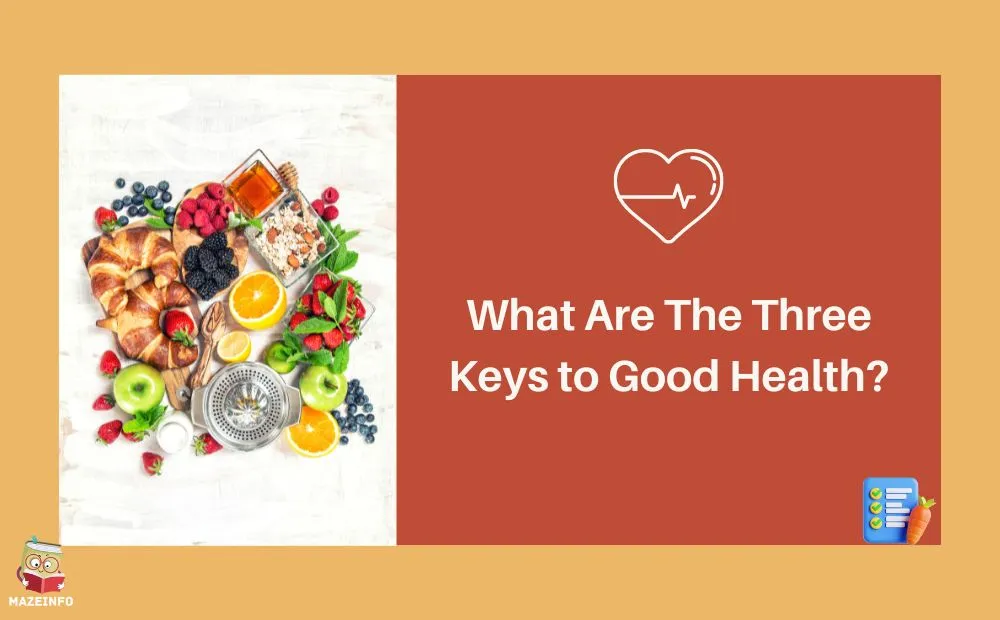Navigating the complexities of mental health is a journey filled with highs and lows, triumphs and challenges. For many, the path to wellness involves periods of stability and progress, punctuated by moments that may feel like setbacks. One such phenomenon that individuals with mental health conditions may encounter is known as mental health relapse. But what exactly is mental health relapse? How does it manifest, and what steps can be taken to navigate it effectively? In this exploration, we delve into the concept of mental disability health relapse, its significance, and strategies for maintaining well-being amidst its challenges.
Understanding Mental Health Relapse

Mental health relapse refers to a recurrence or worsening of mental illness symptoms in someone who has previously experienced mental health stability or improvement. It can happen in various mental health conditions, such as depression, mental disorder, anxiety disorders, bipolar disorder, or substance use disorders. Several factors can contribute to a relapse, including stress, trauma, lack of social support, medication non-compliance, and changes in routine or environment.
Recognizing the warning signs of relapse, such as changes in mood, sleep disturbances, withdrawal from activities, or increased substance use, is crucial for early intervention. Prevention strategies often involve maintaining a healthy lifestyle, attending therapy or support groups, adhering to prescribed medications, and developing coping skills to manage stress effectively. Relapse doesn’t signify failure but rather highlights the ongoing nature of mental illness definition health management and the importance of seeking help when needed.
Definition and Types of Mental Health Relapse
A mental health relapse refers to a reoccurrence or worsening of symptoms associated with a mental health condition after a period of improvement or stability. Relapse can happen in various mental health disorders, such as depression, anxiety disorders, bipolar disorder, schizophrenia, substance use disorders, and eating disorders, among others. Here are the main types of mental therapy health relapse:
Symptomatic Relapse: This type of relapse involves a return or intensification of the primary symptoms of the mental health condition. For example, in depression, symptomatic relapse may involve a resurgence of persistent sadness, loss of interest in activities, changes in sleep and appetite patterns, and feelings of worthlessness or guilt.
Functional Relapse: Functional relapse occurs when a person’s ability to carry out daily activities and responsibilities is significantly impaired due to their mental health conditions symptoms. This can manifest as difficulties in maintaining employment, managing relationships, taking care of personal hygiene, or handling finances effectively.
Substance Use Relapse: For individuals with substance use disorders, relapse refers to a return to substance abuse or addictive behaviors after a period of abstinence or reduced use. Factors such as stress, triggers, social pressures, and emotional states can contribute to substance use relapse.
Behavioral Relapse: This type of relapse involves a recurrence of maladaptive behaviors associated with the mental health condition. For instance, in individuals with obsessive-compulsive disorder (OCD), behavioral relapse may involve a resurgence of compulsive rituals or intrusive thoughts that disrupt daily functioning.
Psychological Relapse: Psychological relapse refers to a decline in causes of mental illness well-being, such as increased anxiety, irritability, mood swings, or cognitive distortions. These psychological changes can precede or accompany other types of relapse and may contribute to a worsening of overall mental illness health.
Common Triggers of Mental Health Relapse
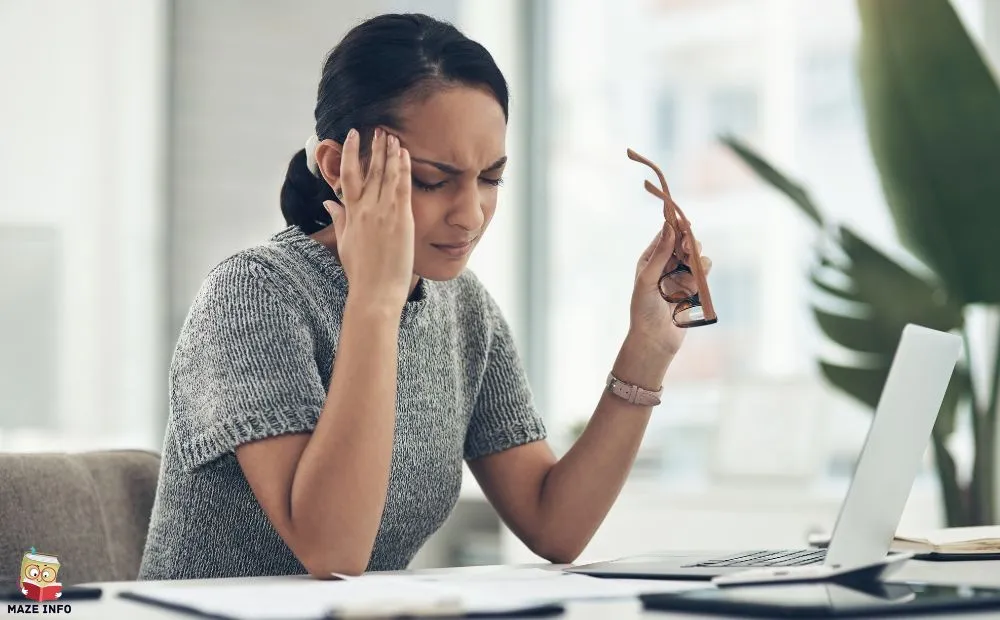
Mental health relapse can be triggered by various factors, and these triggers can vary from person to person. Here are some common triggers:
Stress: High levels of stress can overwhelm coping mechanisms and exacerbate symptoms. Stressors can be related to work, relationships, finances, or major life changes.
Trauma: Past traumatic experiences, such as abuse, accidents, or significant losses, can resurface and trigger a mental health diagnosis relapse, especially if not adequately processed or addressed.
Substance Use: Substance abuse or even moderate use of alcohol or drugs can disrupt mental health problems stability and increase the risk of relapse, particularly for individuals with substance use disorders or co-occurring mental health conditions.
Lack of Social Support: Isolation or a lack of supportive relationships can lead to feelings of loneliness, depression, and anxiety, contributing to a relapse.
Medication Non-Adherence: Not following prescribed medication regimens or abruptly stopping medication can destabilize mental health conditions and increase the risk of relapse.
Sleep Disturbances: Poor sleep quality or disruptions in sleep patterns can impact mood regulation and cognitive functioning, making individuals more vulnerable to relapse.
Physical Health Issues: Chronic health conditions or sudden illnesses can influence mental health issues by causing stress, pain, or changes in routine, which may contribute to a relapse.
Environmental Triggers: Certain environments or situations that remind individuals of past traumas or negative experiences can trigger symptoms and lead to a relapse.
Negative Thought Patterns: Persistent negative thinking, self-criticism, or irrational beliefs can fuel anxiety, depression, or other mental health issues, increasing the risk of relapse.
Unresolved Issues: Unresolved conflicts, unresolved grief, or unaddressed emotional issues can create emotional distress and impact mental well-being, potentially leading to relapse.
Also Read More: What Are The Three Keys to Good Health?
Signs and Symptoms of Mental Health Relapse
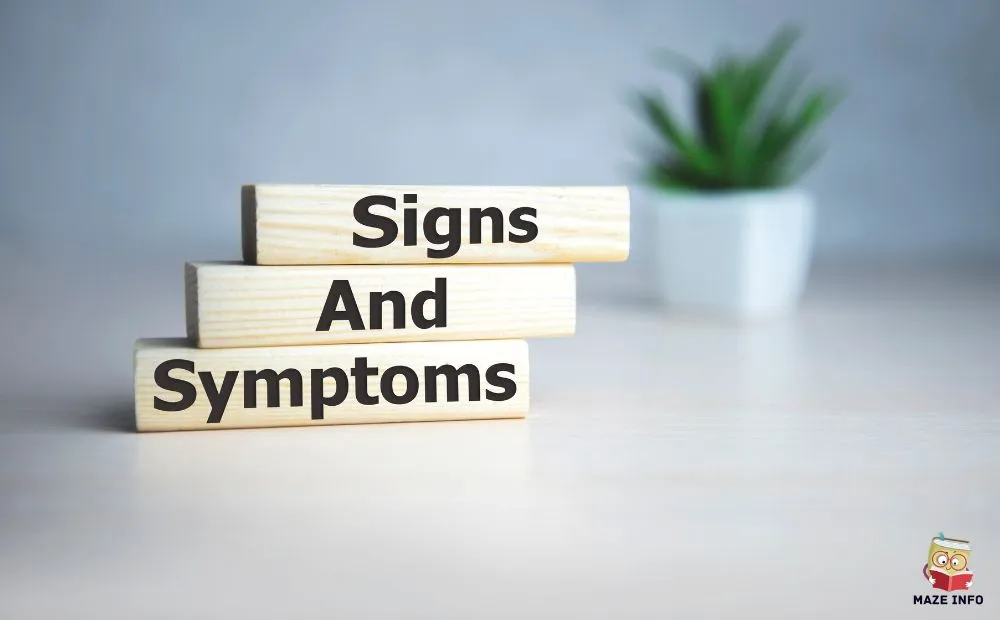
Recognizing signs and symptoms of a mental health relapse can be crucial for timely intervention and support. Here are some common indicators across various mental health conditions:
Changes in Mood or Behavior
- Sudden mood swings (e.g., going from happy to extremely sad or irritable).
- Increased agitation, restlessness, or feeling on edge.
- Withdrawal from social activities or isolating oneself.
Sleep Disturbances
- Insomnia or sleeping too much.
- Changes in sleep patterns, such as waking up frequently during the night.
Appetite and Weight Changes
- Significant changes in appetite, leading to weight loss or gain.
- Loss of interest in eating or binge eating.
Difficulty Concentrating or Making Decisions
- Increased difficulty focusing on tasks or remembering things.
- Struggling to make decisions, even minor ones.
Physical Symptoms
- Chronic headaches or body aches without a clear physical cause.
- Digestive mental problems or changes in bowel habits.
- Fatigue or low energy levels.
Increased Substance Use
- Escalation in alcohol, drug, or medication misuse.
- Using substances as a way to cope with emotional distress.
Worsening of Mental Health Symptoms
- Increase in anxiety, depression, or other mental health symptoms.
- Feeling overwhelmed or hopeless about the future.
- Intrusive thoughts or urges related to self-harm or suicide.
Social and Occupational Functioning
- Struggling to maintain relationships or experiencing conflicts with others.
- Decline in performance at work, school, or daily responsibilities.
Loss of Interest or Pleasure
- Losing interest in activities that were once enjoyable.
- Feeling numb or disconnected from emotions.
Self-Care Neglect
- Neglecting personal hygiene or neglecting to take medications.
- Ignoring regular self-care routines or healthy habits.
Prevention Strategies for Mental Health Relapse
Preventing mental health relapse involves a combination of strategies that address various aspects of well-being. Here are several strategies that can help prevent mental health relapse:
Identify Triggers and Early Warning Signs
Recognizing the triggers and early warning signs specific to an individual’s mental health condition is crucial. This could include changes in mood, sleep patterns, or social interactions. Regular self-monitoring and awareness can help in catching potential relapse triggers early.
Maintain a Consistent Treatment Plan
Consistency in following a mental health treatment plan prescribed by mental health professionals is vital. This includes taking medications as prescribed, attending therapy sessions regularly, and engaging in healthy lifestyle practices such as exercise, proper nutrition, and adequate sleep.
Develop Coping Strategies
Building a repertoire of coping strategies can be immensely beneficial. These strategies might include mindfulness techniques, relaxation exercises, journaling, or engaging in hobbies and activities that bring joy and fulfillment.
Establish a Support Network
Having a strong support network can provide emotional validation, encouragement, and practical assistance during challenging times. This network may include family, friends, support groups, or mental health professionals who can offer guidance and understanding.
Practice Stress Management
Learning and practicing stress management techniques like deep breathing, progressive muscle relaxation, or meditation can help in reducing overall stress levels, which in turn can lower the risk of mental health relapse.
Create a Wellness Plan
Developing a personalized wellness plan that outlines specific actions to take during times of stress or potential relapse can be empowering. This plan can include strategies for self-care, crisis intervention, and steps to reconnect with mental health professionals if needed.
Recovery and Coping Techniques Post-Relapse
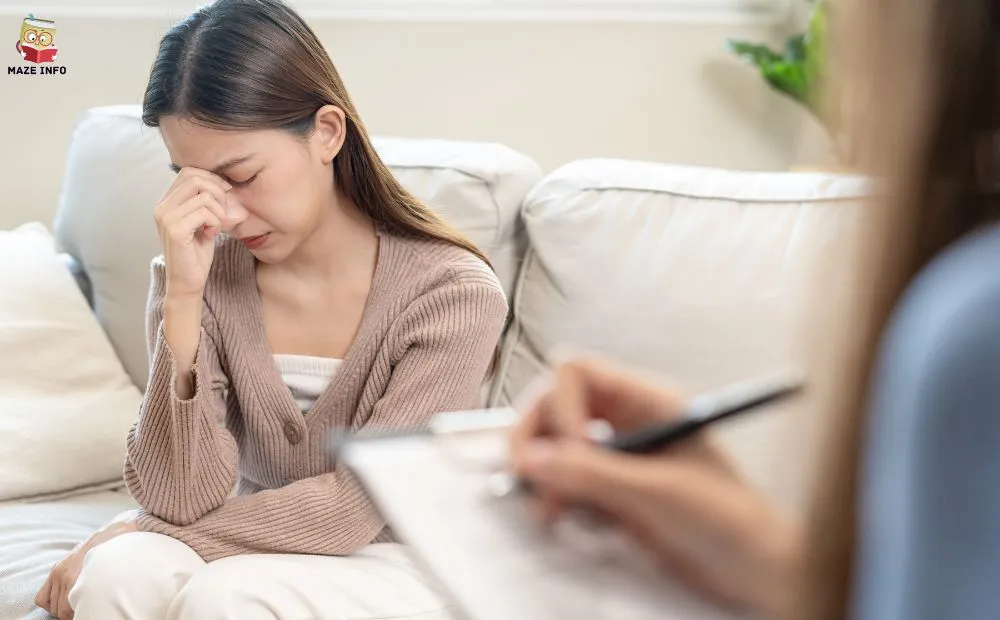
Coping with a relapse can be challenging, but it’s essential not to lose hope. Here are some techniques to help you recover and cope after a relapse:
Self-Compassion: Be kind to yourself. Understand that relapses are a part of the recovery journey for many people. Avoid self-blame and negative self-talk.
Seek Support: Reach out to your support system, whether it’s friends, family, a therapist, or support groups. Talking to someone who understands what you’re going through can provide comfort and guidance.
Identify Triggers: Reflect on what led to the relapse. Identify triggers such as stress, certain situations, or emotions. Understanding your triggers can help you develop strategies to avoid or cope with them in the future.
Develop a Plan: Work with a therapist or counselor to develop a relapse prevention plan. This plan may include coping strategies, healthy habits, and ways to manage triggers effectively.
Practice Mindfulness: Mindfulness techniques such as meditation, deep breathing, and grounding exercises can help you stay present and manage cravings or negative thoughts.
Healthy Lifestyle: Focus on maintaining a healthy lifestyle with regular exercise, balanced nutrition, adequate sleep, and stress management techniques. Taking care of your physical health can support your mental well-being.
Set Realistic Goals: Set small, achievable goals for yourself. Celebrate each milestone, no matter how small, to boost your confidence and motivation.
Learn from the Experience: Use the relapse as an opportunity for growth and learning. Reflect on what you’ve learned and how you can apply these lessons to your recovery journey moving forward.
Stay Engaged: Stay engaged in activities that bring you joy and fulfillment. This can include hobbies, social activities, volunteering, or pursuing personal goals.
Stay Positive: Maintain a positive outlook on your recovery journey. Focus on your progress, no matter how slow, and stay committed to making positive changes in your life.
Conclusion
Understanding mental health relapse is crucial for individuals and healthcare professionals alike. It signifies a recurrence or worsening of symptoms in mental health conditions, highlighting the importance of ongoing support, self-care, and awareness. Recognizing the signs of mental illness and triggers of relapse empowers individuals to take proactive steps in managing their mental well-being. By fostering open communication, reducing stigma, and promoting access to comprehensive mental health resources, we can work towards a society that prioritizes and supports mental wellness. Ultimately, addressing the question “What Is Mental Health Relapse?” prompts us to engage in compassionate dialogue and take meaningful action towards building healthier communities.
Frequently Asked Questions (FAQ)
Q: What Are the Warning Signs of Mental Health Relapse?
Ans: Increased anxiety, depression, mood swings, sleep/appetite changes, social withdrawal, poor concentration, and suicidal thoughts.
Q: How Can Mental Health Relapse Be Prevented?
Ans: Maintain a healthy lifestyle, attend therapy/support groups, adhere to medication, develop coping skills, manage stress, and have a strong support network.
Q: What Should Someone Do If They Experience Mental Health Relapse?
Ans: Seek immediate professional help, discuss symptoms with a mental health provider, follow treatment recommendations.
Q: Can Mental Health Relapse Be Treated?
Ans: Yes, with therapies, medication, lifestyle changes, and support from professionals and loved ones.
Q: How Can Family and Friends Support Someone Going Through Mental Health Relapse?
Ans: Offer empathy, encouragement, help with treatment adherence, reduce stressors, stay connected with professionals, educate oneself, and be patient.

